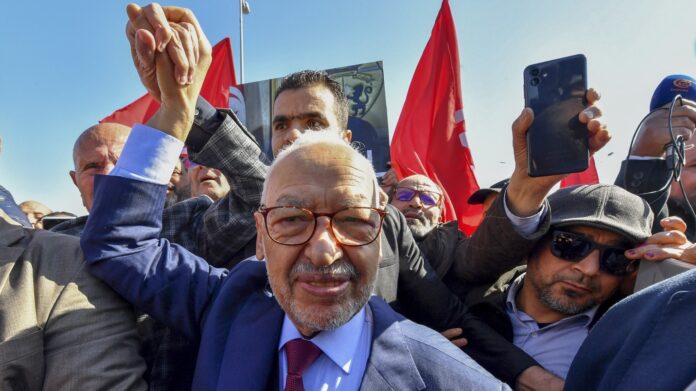Author: Claire Parker
Affiliation: The Washington Post
Organization/Publisher: The Washington Post
Date/Place: July 27, 2021/USA
Type of Literature: Analysis
Word Count: 1224
Link: https://www.washingtonpost.com/world/2021/07/27/tunisia-gulf-information-campaign/
Keywords: Tunisia, Kais Saied, Ennahda, Saudi Arabia, UAE
Brief:
Different narratives are revolving around the Tunisian president’s dismissal of the prime minister and the suspension of the parliament in Tunisia. The move of president Kais Saied to freeze the parliament and dismiss the prime minister has raised questions of how Saudi Arabia, UAE and Egypt have been involved in the Tunisian president’s decision. Professional media analysts point to what appears to be state-organized “manipulation campaigns” on Twitter (with account location footprint identifying Saudi Arabia, Egypt and the UAE) as evidence that foreign Arab governments are advising and aiding Saied in his actions, especially as Saied himself is inexperienced in subverting democracy. While the president’s narrative is that he is responding to the demand of the popular protests in the country, Saudi Arabia, UAE and Egypt have shown support for Saied’s power-grab. For them, the president’s move is to curtail and make an end to the Islamist’s—Ennahda party—influence. Though they diverge in many crucial points in their foreign policies, Saudi Arabia, UAE and Egypt all converge to stifle democratic movements, which include Islamists, from being in politics. Though Ennahda long ago disavowed any connections with the Muslim Brotherhood, newspapers and social activists in the three Arab countries yet portray the president’s move as a brave decision against the “last Brotherhood stronghold in the region”. But it is the president’s decision that is causing “the paralysis of political life”.
By: Imad Atoui, CIGA Research Associate




